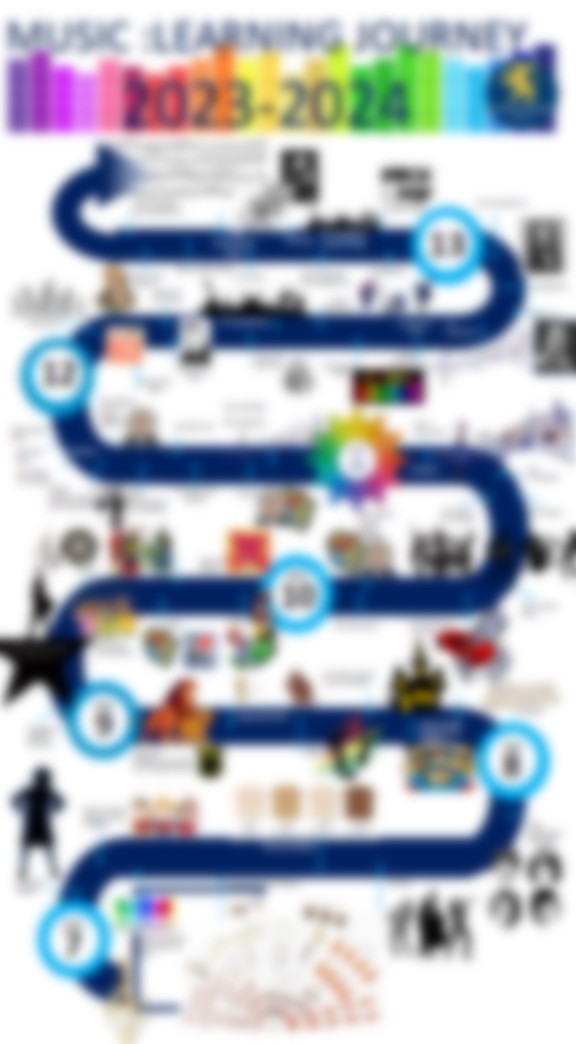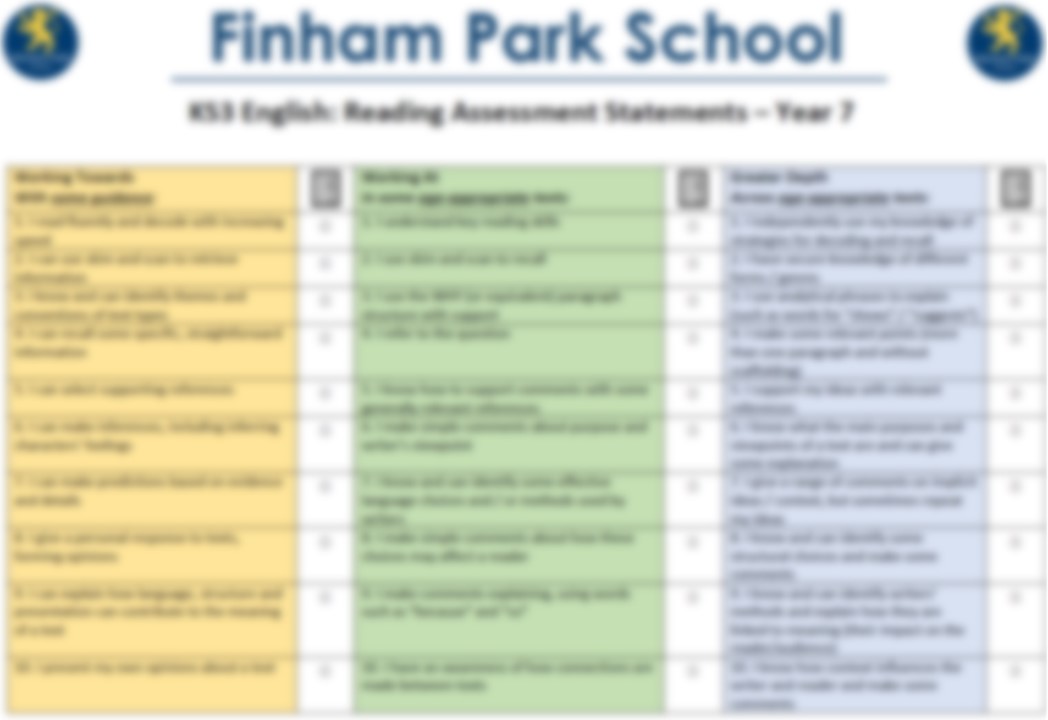Personal, Social, Health, Relationships and Economic Education (PSHRE)
Welcome to the PSHRE department
Curriculum Intentions and Aims
We teach PSHRE so that all of our learners receive the tools they need to lead in making the big and small decisions in their lives, so that when they encounter one of life’s many first challenges our learners will better know what to do, how to do it and most importantly know why that choice is the right one for them. We want them to have the skills necessary to weigh up the facts, assess risks and seize opportunities so that they can thrive and develop into responsible decision makers, knowledgeable in everything they need to help them become successful and positive young people on their journey to adulthood.
We teach PSHRE explicitly to all students in all year groups as a part of their curriculum timetabled lessons. The skills and knowledge they acquire enable them to be leaders, hence the name coif our schemes of learning are all to do with developing Young Leaders. Students endeavour to develop values that instil in themselves independence, courage and confidence to bravely explore the possibility of a near future where they are responsible for themselves and their own choices.
PSHRE In action
Where will you see PSHRE? Traces of it can be felt everywhere across the school curriculum areas, from Personal Development and down to 1-2-1 restorative education materials.
Through our explicit programme you can find strongest sources of PSHRE content over these four areas.
OUr Four Finham strands of PSHRE
Our four thematic areas are Health and Relationships (H&R), Managing Life’s Risks (MLR), World of Work (WoW) and Fundamental British Values (FBV).
| PSHRE Core area | Example topics |
|---|---|
|
Health and Relationships (H&R) |
|
|
Managing Life’s Risks (MLR) |
|
|
World of Work (Wow) |
|
|
Fundamental British Values (FBV) |
|
Our Curriculum Time
From Years 7-11, learners receive dedicated lessons with students following a thematic model inspired and informed by national statutory guidelines, local data as well as student and parent consultation.
Personal Development - By gaining experience from their peers and support from pastoral mentors they learn a range of tailored content through Personal Development lessons (Period 1) that address topical themes of the day that impact current affairs and their local community as well as through dedicated mentor assemblies. By receiving age appropriate materials through our dedicated curriculum students learn how to address challenges and gain skills they need to develop their knowledge mastery through Young Leadership Lessons (PSHRE).
Through our home assignments named 'Projects', students receive the chance to bring a broad range of their skills and talents from a range of knowledge areas into their themed homework Projects. Through these home assignments learners receive unique opportunities to develop their instincts, challenge themselves and to model the skills they would need for the world of work, including, project and time management, team work, prioritisation and oracy. Learners have total freedom to create outcomes in a range of different formats of their choice fostering independence and student accountability. Students must seek to make mature personal responses to their briefs. Learners engage in purposeful Projects lasting between 5 and 13 weeks that run in sequence with standard taught lessons which are tracked and set on google classrooms.
Believing that the best change is born from the grassroots, we support and guide the governance of student Initiatives and work with a range of Student Leadership groups and Student Led projects such as Equalities Leadership, Student Newspaper, Pride Alliance and Head Student Leadership teams here at Finham,. These groups both model the skills and leadership qualities we want our students to aspire to have but also champion issues that our students have decided are important in tackling by enriching lessons, personal development time and student life.
Impact
Assessment of learners’ progress in PSHE looks to identify knowledge gaps, reflect on confidence and consider knowledge gained and skills developed through a range of methods including; confidence trackers, work completed in lessons within their work booklets, end of project tests and through the evidence of their completed projects in addition to other class contributions.
Projects in particular will evidence the maturity of response, range and strength of students skills they have shown in their personal home assignments. Two awards are made available each half term for Year 7 and 8 students (six per year), once per term (3 per year) for Years 9, 10 & 11. The Trailblazer award is for the most mature project and our Path Finder award is awarded for the students who have shown the greatest amount of improvement that term in the subject evidenced in the lesson and through the project outcome.
How do we teach Relationships and Sex Education (RSE)?
With the government making Relationships and Sex Education a statutory requirement in all schools from September 2020, it has provided us with a perfect opportunity to revisit and update our RSE and PSHE curriculum to now be a complete PSHRE curriculum. We have ensured that we are still delivering high quality education fit for the 21st century. In recent years, there has been changes in terminology and emphasis, with explicit reference to family, relationships and marriage, parenting, sexual and gender identity, consent, pornography, sex within the media, healthy vs unhealthy relationships, sexual harassment and the law.
Through our PSHRE curriculum, we want all of our pupils to gain a knowledge and understanding of these topics in order for them to make wise and informed choices, whilst understanding the importance of respectful attitudes towards others and inclusive values. At Finham, we aim to promote and encourage a positive culture around issues of relationships and sexuality. We also educate our pupils about where they can seek advice and support.
For further information about RSE, please visit our RSE policy which can be found on the policy section of our website.
How do we teach against Sexual harassment and sexual violence?
As a school, through PSHRE lessons, assemblies and pastorally, we are committed to ensuring that all pupils are aware of making the right choices within any future relationships and we are not afraid to explore sensitive, yet very important topics such as sexual harassment, ‘up-skirting’, sexual violence through unhealthy relationships, consent and respect towards others.
Sexual Harassment
Sexual harassment refers to unwanted conduct of a sexual nature that can occur online and offline and both inside and outside of school. This includes:
- Sexual comments
- Sexual “jokes” or taunting
- Physical behaviour
- Online sexual harassment
Sexual Violence
Sexual violence refers to an act which would be considered a sexual offence under the Sexual Offences Act 2003. This includes:
- Rape
- Assault by Penetration
- Sexual Assault
- Causing someone to engage in sexual activity without consent
We take a whole school approach to preventing sexual harassment/violence. This includes having our PSHRE programme educate pupils on:
- Healthy and respectful relationships
- What respectful behaviour looks like
- Consent
- Stereotyping and equality
- Body confidence and self-esteem
- Prejudiced behaviour
- That sexual violence and sexual harassment is always wrong
- Addressing cultures of sexual harassment
This is embedded in the whole school curriculum as well as the Finham Five core values and talked about in assemblies and Personal Development periods first thing in the day.
How do we teach The importance of having a good state of Mental Health?
Mental health is a key focus of PSHRE, and also forms a key part of the school’s commitment to student wellbeing.
In PSHRE we take time in each year group to look different aspects of mental health, for example positive relationships in Year 7 and anxiety, depression and healthy and unhealthy coping strategies in Year 9.
In the wider school, the importance of maintaining good mental health and seeking help when required is embedded throughout. Some examples are through our anti-bullying week, mentor time activities, discussions and assemblies.
The school is very proud to employ a counsellor who provides one to one and group support to pupils who require it, whilst also running a mental health session on exam stress and anxiety for our Year 11 pupils within PSHRE lessons.
Department of Education guidance for parents
The DfE has published a useful list of FAQs for parents on the new RSE/Relationships Education requirements which can be found here.
Department Staff
| Head of Department |
Mr. R Kennedy |

